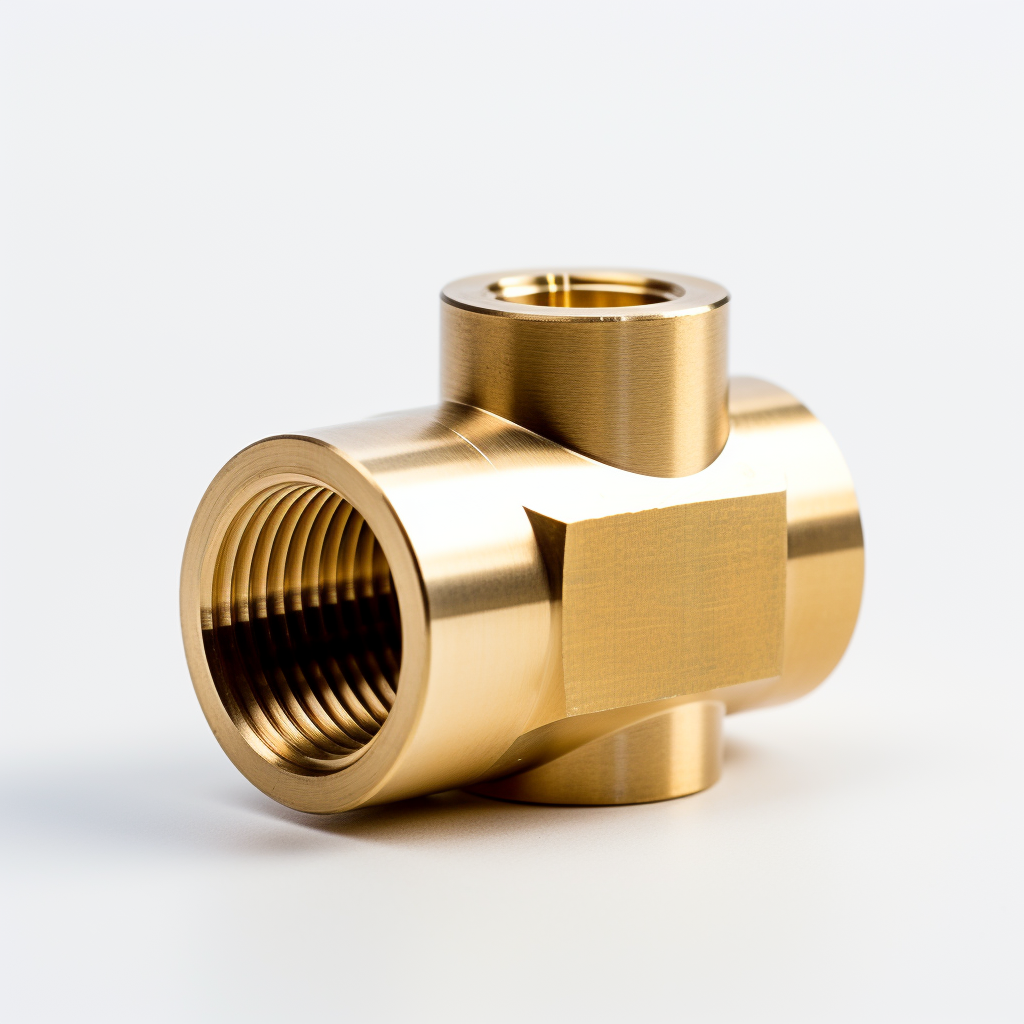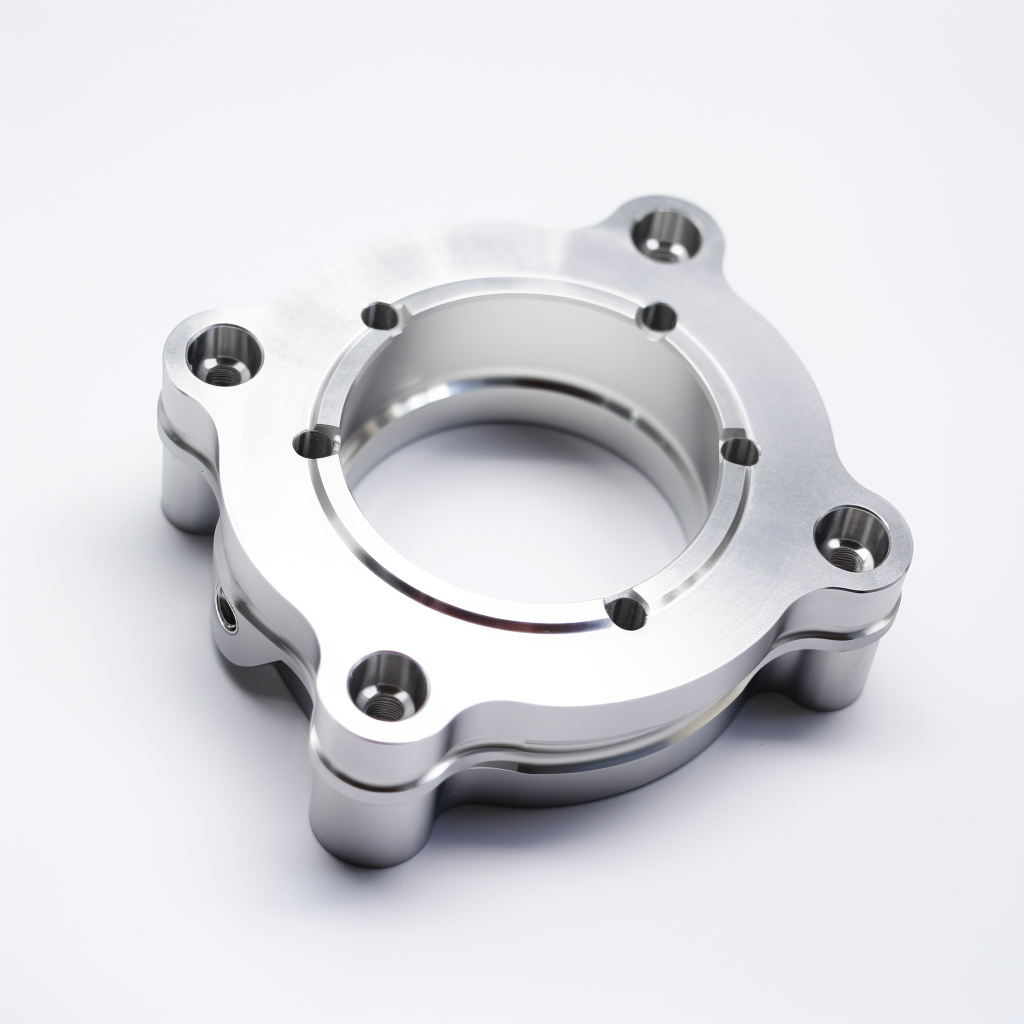
Brass Alloy Metal Selection Guide
Brass is a versatile and widely used alloy composed primarily of copper and zinc, with varying proportions of each metal to achieve specific properties. It is valued for its attractive appearance, corrosion resistance, and ease of machining. In this web page, we will explore the different types of brass, its numerous advantages and disadvantages, and the diverse industrial uses where brass plays a crucial role.
Brass rapid manufacturing, & machined parts are available now!
Check with one of Canyon’s helpful product engineers for an expert material and manufacturing recommendation.
Common names include: Yellow Brass, Red Brass, Naval Brass, Free Machining Brass, Lead-Free Brass, Admiralty Brass, DZR Brass.

Advantages
- Corrosion Resistance: Brass exhibits good corrosion resistance, making it suitable for use in environments with exposure to moisture and outdoor conditions.
- Attractive Appearance: Brass has a distinctive golden color that is aesthetically pleasing and often used in decorative and architectural applications.
- Malleability and Formability: Brass is highly malleable and can be easily shaped, making it suitable for intricate designs and detailed components.
- Machinability: Brass is known for its excellent machinability, making it easy to cut, drill, and machine into precise parts.
- Electrical Conductivity: Brass maintains good electrical conductivity, making it suitable for electrical connectors and components.
- Recyclability: Brass is highly recyclable, and recycled brass retains its properties, contributing to sustainability efforts.
Disadvantages
- Cost: Brass can be more expensive than some other materials, especially in large-scale applications.
- Low Strength: Compared to steel and some other alloys, brass may have lower tensile strength, requiring thicker sections or alloying to achieve the desired strength.
- Susceptibility to Stress Corrosion Cracking: Certain brass alloys can be susceptible to stress corrosion cracking in specific environments, necessitating proper material selection and protection.
Common Applications of Brass
- Plumbing: Brass is commonly used for plumbing fittings, valves, and faucets due to its corrosion resistance and ease of machining.
- Automotive: Brass is used in automotive radiators, connectors, and electrical components for its thermal conductivity and electrical conductivity.
- Musical Instruments: Brass alloys are the primary materials used in the construction of musical instruments, including trumpets, trombones, and saxophones, for their acoustic properties and aesthetics.
- Decorative Hardware: Brass is used for decorative elements in architecture, including doorknobs, handles, and railings, due to its attractive appearance.
- Electrical Connectors: Brass is used in electrical connectors and terminals for its electrical conductivity and corrosion resistance.
- Marine Applications: Brass alloys, such as naval brass, are used in marine hardware, ship components, and propellers due to their corrosion resistance in saltwater environments.
- Ammunition Casings: Brass is used to manufacture ammunition casings due to its strength and ability to expand uniformly upon firing.
- Clocks and Watches: Brass is used in the production of clock and watch components, including gears and cases.
Please consult a Canyon Components Engineer about your specific application and we will use our decades of experience to formulate a solution that fits your need.
Types of Brass
Brass can come in different variations, depending on its composition and intended use. Some common types of Brass include the following.
Canyon Components strives to meet all customer service requests. Feel free to contact Canyon Components engineering and let our knowledgeable staff help you design the perfect part for your needs.
Yellow Brass
Also known as 'Gold Brass', this popular type contains around 67% copper and 33% zinc. It's known for its bright gold-like appearance and excellent malleability, making it ideal for decorative applications, musical instruments, and architectural details.
Red Brass
With a higher copper content (around 85%), Red Brass offers superior corrosion resistance and strength. It’s often used in plumbing fixtures, ornamental design, and some musical instruments, valued for its durability and slightly reddish tone.
Naval Brass
This type, with added tin, is highly resistant to corrosion, especially in marine environments. It’s ideal for naval and marine applications, including ship fittings, propellers, and marine hardware. Naval Brass also offers good strength and rigidity.
Free Machining Brass
Enhanced with lead for improved machinability, this brass is preferred for high-speed machining operations. Commonly used in the manufacture of precision instruments, fasteners, and fittings, it allows for efficient production without compromising the material's integrity.
Manganese Brass
An alloy containing manganese, this brass type is known for its high strength and resistance to corrosion. It’s used in applications requiring durability and resistance to wear, such as heavy-duty gears, bearings, and architectural applications.
Aluminum Brass
This variant includes a small percentage of aluminum, which significantly increases its strength and corrosion resistance, especially against seawater. Aluminum Brass is commonly used in heat exchanger tubes, condenser tubes, and in marine environments where its resistance to tarnishing is particularly valuable.
Please consult a Canyon Components Engineer about your specific application and we will use our decades of experience to formulate a solution that fits your need.
Manufacturing Options for Brass
Brass parts can be manufactured using several methods, each suitable for different applications and part complexities.
Each of these methods has its own advantages, limitations, and cost implications. The choice of manufacturing technique usually depends on factors like the complexity of the design, required precision, material properties, and production volume.
Canyon Components strives to meet all customer service requests. Feel free to contact Canyon Components engineering and let our knowledgeable staff help you design the perfect part for your needs.
Back to Metals Hub

Get A Quote Now!

Groove Design References
Learn More
Coatings, Packaging, & Other Services
Learn More
Custom Parts & Custom O-rings
Learn More
